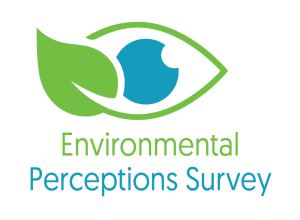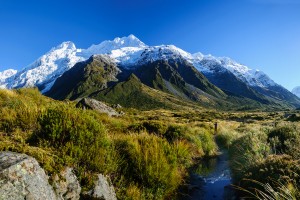 Researchers from Lincoln University conducted the EPS biennially from 2000 to 2010 and then triennially from 2010 to 2019. Manaaki Whenua undertook the 2022 survey, in partnership with the original researchers.
Researchers from Lincoln University conducted the EPS biennially from 2000 to 2010 and then triennially from 2010 to 2019. Manaaki Whenua undertook the 2022 survey, in partnership with the original researchers.
For the first time, respondents identified climate change as the most critical environmental issue facing New Zealand. This is a change from all previous surveys, when fresh water was considered the most important issue.
Another of the notable findings in the 2022 survey shows how we perceive our environment overall is significantly better now than in 2016. However, when it came to beaches and coastal waters, the researchers found there was “some disconnect” between perception and reality.
More people believed the state of marine areas had remained the same or improved, when in fact their condition had worsened in the past 10 years due to human activity.
Manaaki Whenua co-lead researcher Pam Booth says while people’s perceptions didn’t quite match the actual state of the environment, people were happy to take an active role in improving their environment. “Respondents were increasingly aware of how intensive development and urbanisation activities put pressure on the environment and they were willing to actively engage in mitigating some of these pressures by, for example, recycling and growing their own vegetables,” she says.
Recycling household waste was the most popular pro-environmental activity in 2022, although overall, participation rates for environmental activities have dropped.
The survey asked questions about what people think are the main pressures on the health of our air, land and water. The responses provide a rich data source to supplement biophysical data about how our environment is actually faring.
They show New Zealanders are concerned about the pressure sewage and stormwater have on coastal water and beaches, and people believe weeds and pests are the biggest threat to protected natural areas, wetlands, native bush and terrestrial animals.
Researchers were able to identify key trends that have emerged since the 2010 survey. This included the finding that the perceived state of air, natural environments in towns and cities, rivers and lakes, wetlands, and native bush and forests has improved significantly since 2010, despite the fact that people think how the environment is being managed has stayed the same.
At least half of respondents across all regions believe farmers are doing at least an adequate job looking after the environment.


